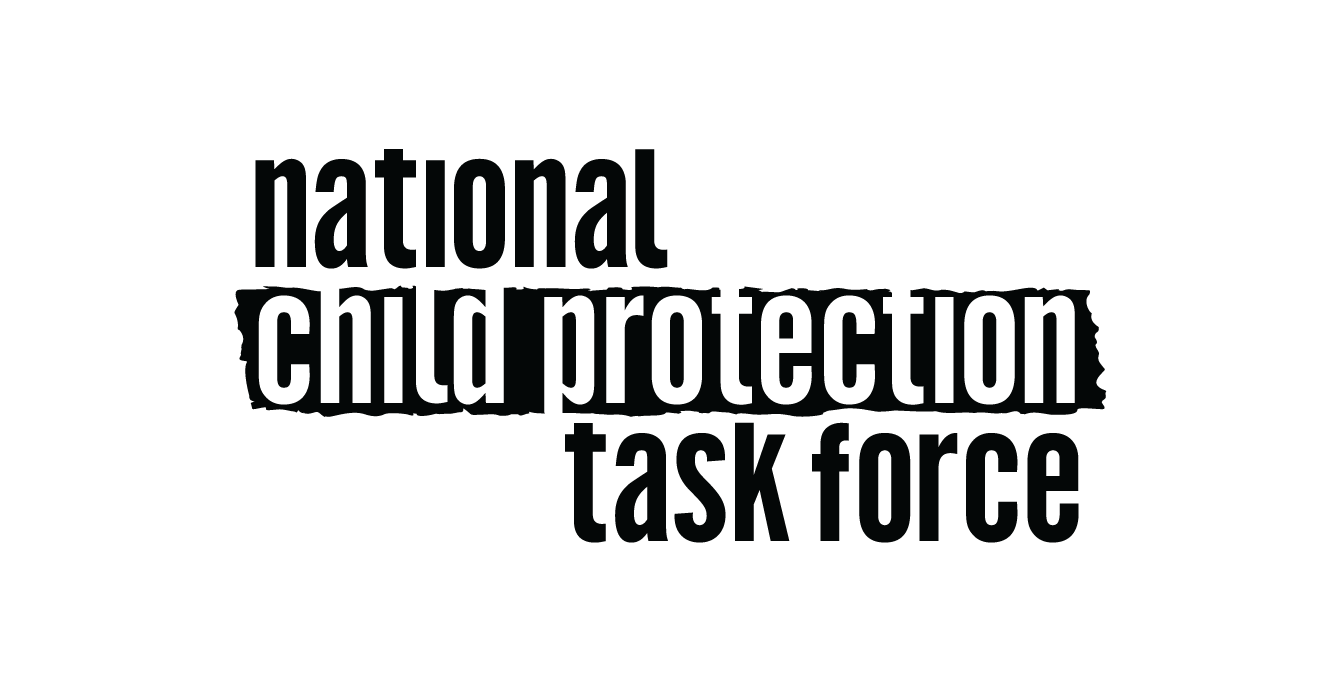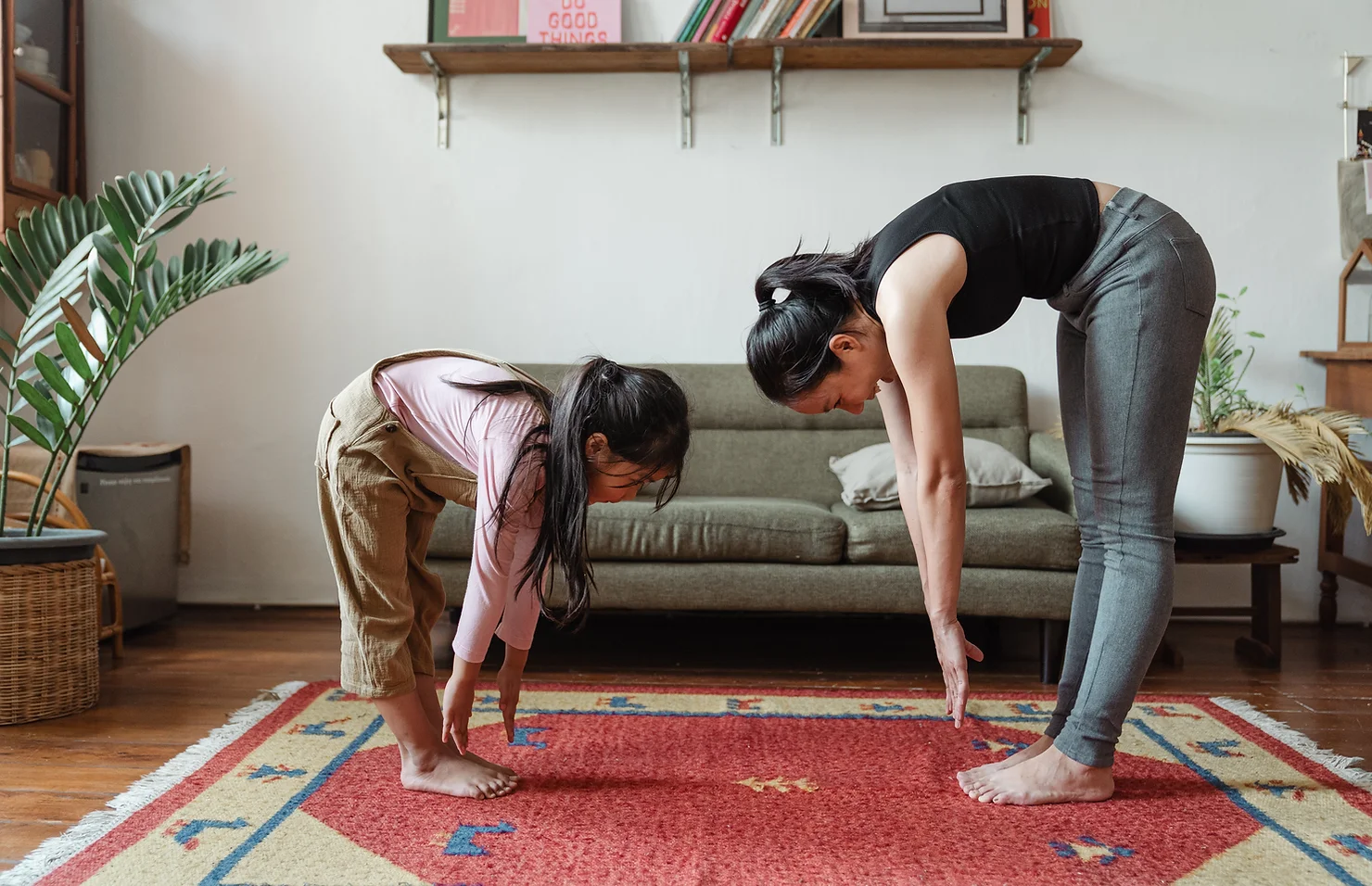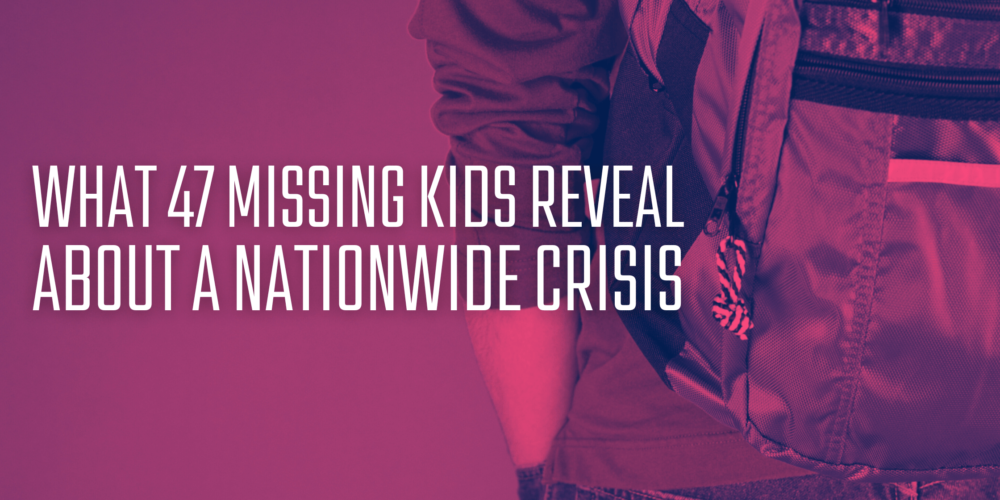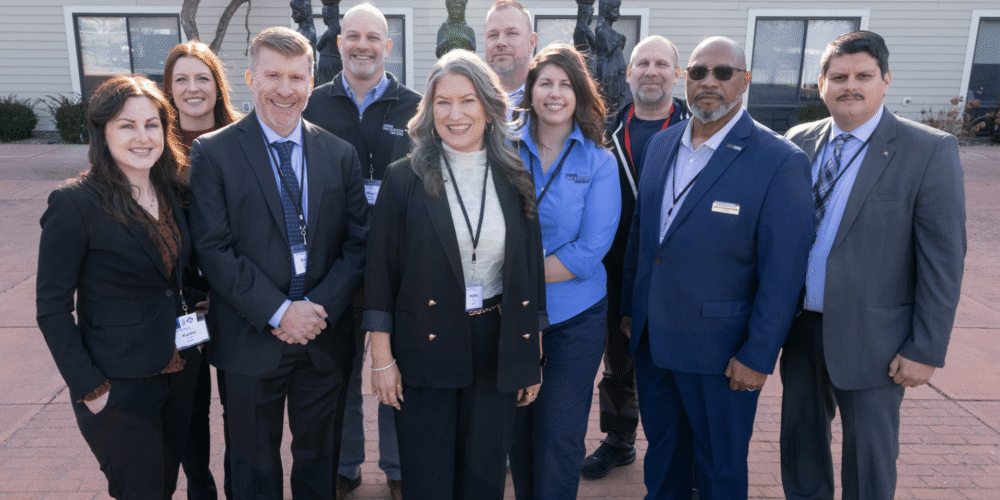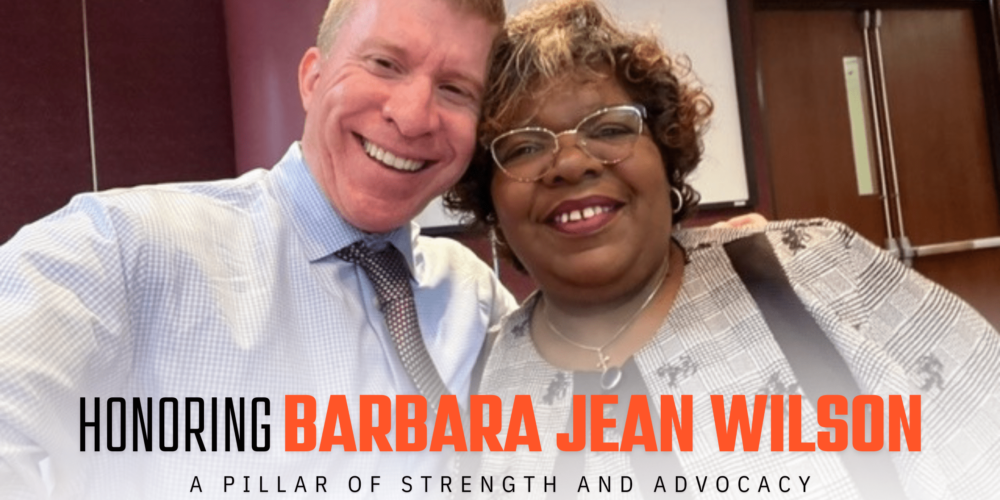Child sexual abuse has never been a comfortable topic to talk about, but with 1 in 10 children experiencing sexual abuse, it is a conversation we have to start immediately.
Here are 5 simple ways to protect your preschool children from sexual abuse that you can start today.
Teach them the names of their body parts
From day 1, you should be naming their body parts. Penis, testicles, vagina, vulva, and anus are not bad words. We need to stop teaching our children incorrect names for them. When changing a diaper, talk about what you are doing. “I am cleaning your anus” is something you can say to help establish this needed vocabulary for your children.
By giving pet names, you disable them from properly reporting abuse. A child could tell their teacher that their uncle touched their “cookie,” but by using the incorrect terminology, that mandated reporter doesn’t understand the danger this child is living in.
You also need to teach your child that no one other than parents helping clean or doctors during an exam (with a parent present) are allowed to touch their genitals. Those are the child’s private parts, and anyone who wants to share them is a dangerous person - even if it is someone they love.
Teach them safe adults don’t ask to keep secrets
Abusers use tactics such as “special secrets” when grooming a child for sexual abuse. Your child needs to understand that there should be no body secrets from mom and dad. If someone is asking them to keep a “secret,” it is wrong. As the parent, don’t ask the child to keep things from the other parent either. Children learn by example, and you are setting the first example.
Talk to your family about sexual abuse
90 % of children who are sexually abused know their abusers. Abusers are friends, community leaders, or anyone with access to children - especially family members. It can be difficult to talk to people about sexual abuse, but it is easier for adults to have preventative conversations than it is for a child to heal from sexual abuse. Talk to those around you about your intentions. You want to build a culture where no adult asks to keep secrets, even if it is something as innocent as Grandma whispering “Here’s another piece of candy. Don’t tell mom.”
Model consent
Children need to realize that their bodies belong to them, and it is ok to say no to unwanted or unsolicited physical touch. We need to break the cycle of forcing children to hug or show affection if they are uncomfortable. To teach them this body autonomy, we have to model it.
Before hugging your child, ask for permission. “Would you like a hug?” If they say no, respect their choice. Saying this like, “Well, I’m going to get one anyway” teaches them consent doesn’t matter. This could hurt sexual relationships they have in the future.
Body boundaries for preschoolers are an excellent way to keep them safe. If the child is bouncing on your lap, it is ok to say things like, “Please stop jumping. You are hurting my body. If you want to jump, we should go outside.” Not only are they learning it is ok to say no to some physical touch, but they are also learning empathy for others when it comes to their body.
Teach them no one should take pictures of their naked body
Child sexual abuse material (legally known as child pornography) has exploded with the rise of the internet, resulting in 480,769 images shared per week. With coronavirus and people spending more time online, this number is expected to rise!
Sexual abusers not only abuse for their own personal gratification. They also record and share the abuse with huge communities of predators on the internet.
Teach your child early that no one should take photos or videos of them without clothes on. Their private parts are theirs, and someone taking pictures of them is wrong. If you are at home with your children, remind them to put on clothes before getting out the camera.
Protecting children from sexual abuse seems daunting, but with diligence from the parent and support group, children have the freedom to enjoy their childhood.
Are you ready to help children live free? Partner with us to give every child a childhood by donating or volunteering today.
